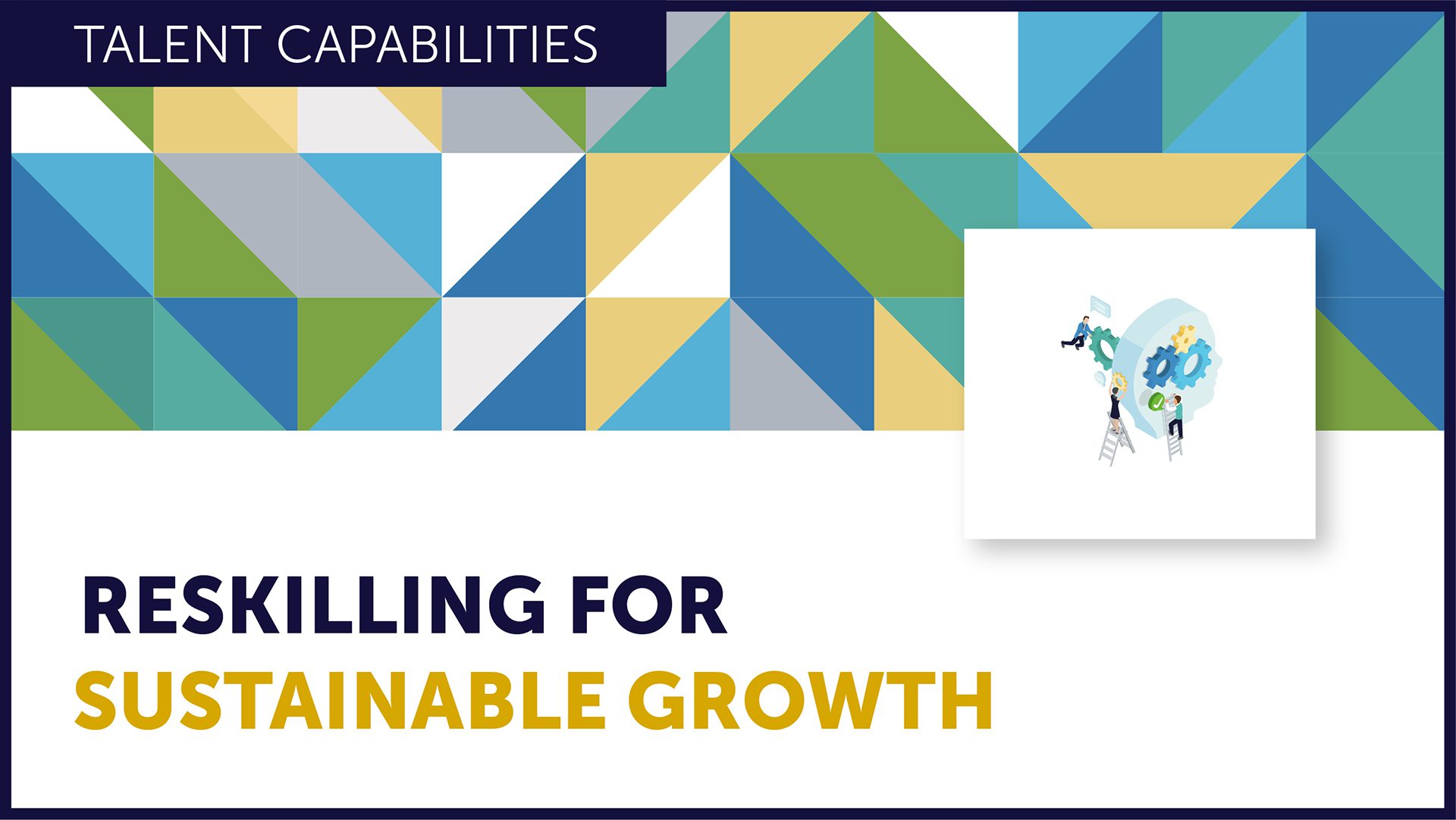Future of Work and People Strategy
Blog: “How Do We Bring Along the Sceptics?”: In Conversation with Ravin Jesuthasan
Molly Bolding, Research Executive at CRF, spoke to futurist, author and Mercer’s Global Transformation Leader Ravin Jesuthasan to find out more about his previous work, his favourite experiences at work, and the questions he’s always being asked.
Could you give a brief outline of your background?
I play a number of roles here at Mercer – I take care of the transformation business globally – but most of the work I do, and my deep passion, is around the future of work. I have practiced in this space for the better part of the last 20 years and have written four books and about 200 articles on that topic. I’ve also been actively involved with the World Economic Forum since 2015, regularly present in Davos and sit on their steering committee on work and employment.
What has been your favourite experience in the last 5 years?
My favourite experience, and it’s one that gets repeated with every single client project that I do, is the opportunity to really push the envelope as it relates to the future of work with my clients; to test the art of the possible. And perhaps the most gratifying piece of that is the opportunity to partner with both the client as well as my colleagues to help bring them along, to innovate together, to learn together, to create together. So it’s not one experience, but it’s an experience that I seek to repeat every time I’m working with a client.
What is the most recent thing that you’ve written?
So right now, on the heels of my last book, Work Without Jobs, co-authored with John Boudreau, which advocates for a new work operating system, one based on deconstructed work tasks and skills as opposed to jobs, which is what we’ve had for the last 250 years, my most recent pieces of writing have been about how that new operating model can increasingly thrive and morph as we move into the metaverse and into Web 3.0. I’m really excited by some of those innovations and what they might mean for the future of work.
So, what does the metaverse mean for the future of work?
I think many get caught up with the social or the gaming aspects of the metaverse. What I am personally quite intrigued by is what it means for the future of work; because of its distributed nature, because of the evolving nature of ownership of assets and ideas. And I think, increasingly, work is going to get decoupled from its traditional confines of structure. We’ve seen that decoupling happen as it relates to space and time, on account of the pandemic. And I think that Web 3.0 will further that decoupling: as we think about distributed autonomous organisations; as we think about what 5G might mean; and the reduced latency that it brings for distributed physical operations.
I’ve got clients who are now operating lift trucks, in France, with operators in the Philippines: something that would not have been possible before [5G], because, theoretically, the signal that you’d be getting is two to three seconds late, after that the lift truck has moved, turned the corner, and run into something. Versus now, the reduced latency just completely transforms what autonomous and distributed operations may look like. So, those are just a couple of markers, of the potential for transformation.
What are you going to discuss in your presentation at the Conference in October, and why should people want to come and listen?
So, what I’m hoping to do in my session is to talk about the work and the organisational implications of this transformation that we’re going through – what trading in the new business landscape actually looks like, and what that means for the future of work.
What have the last two years of this experience with the pandemic actually taught us? And what are some of the forces that have been unleashed? Beyond this never-ending debate about remote work and hybrid work, and so on, which I think will be with us for the foreseeable future, I think there are some much bigger, more profound changes. So, I’d like to help the audience understand those and give them some frameworks to navigate them. And then also illustrate William Gibson’s great quote, ‘the future is here, it’s just unevenly distributed’. I’d like to give them a sense of the uneven distribution of [the future of work], because we are really seeing some fantastic market-leading practices.
When you finish speaking at conferences and meetings, what are some of the things that people ask you? What do people want to know when they speak to you?
I always try to ground what I’m talking about with very real and practical examples, so it feels tangible to people. The one question that comes up virtually every single time, ‘how do we get started? How do I get started? And how do we bring along the sceptics, the rest of the organisation with us on that journey, so that they’re as invested in the journey as we are?’”


